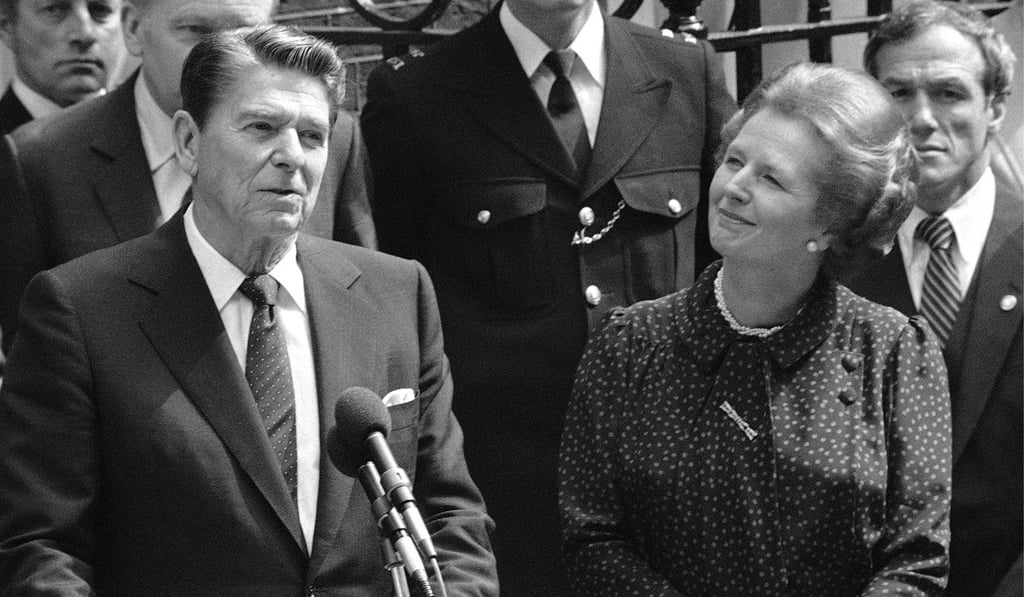Brexit-beset Britain and Modi’s India are plagued by an inward-looking nationalism that makes them lesser, not greater
- The leaders of Britain’s two major parties both see little use for the European Union because they are stuck in the past
- Likewise, India’s leaders reject diversity and broader trade to indulge Hindu nationalist fantasies about the past

In 1947, a senior adviser to the British government wrote: “We are not a great power and never will be again. We are a great nation but if we continue to behave like a great power we shall soon cease to be a great nation.” Those words particularly apply to Britain on the cusp of Brexit, but also have relevance for India.
They highlight the pretensions of a Britain whose major political parties are both headed by people, Boris Johnson and Jeremy Corbyn, who in very different ways live on past glories and reheated theories. One looks to the days before he was born when Britain “stood alone” against European dictators.
The other dreams not merely of a return to his babyhood days when nationalisation and praise of Stalin was the litany of the Labour Party left; Corbyn now seems to see the European Union as some kind of capitalist conspiracy against the English working class. The world has moved on but these men have not.
Even former-president Dwight D. Eisenhower said Winston Churchill had an “almost childlike faith … in British-American partnership” and rejected the British idea that there was a “special relationship”. The formidable Margaret Thatcher was described by former French president François Mitterrand “like a little girl of eight years old when she talks to the president of the United States” (Ronald Reagan).


